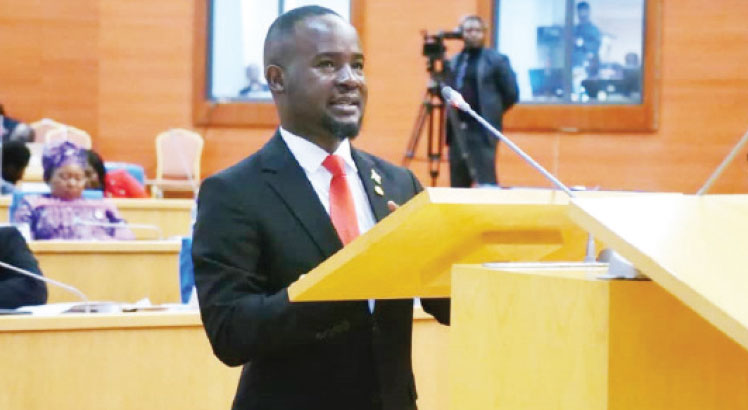Poverty rate in marginal drop
Six in 10 Malawians live in dire poverty and are deprived of at least three basic necessities of life, a new report launched in Lilongwe yesterday shows.
The second edition of the Multidimensional Poverty Index jointly published by the Ministry of Finance and Economic Affairs and the National Statistical Office (NSO) shows that 58.9 percent of Malawians live in multidimensional poverty, a marginal improvement from 61 percent recorded in the previous report in 2021.
This means that 59 percent of Malawians are deprived of the amenities and services required for a quality life such as health, education, a habitable environment and access to work, among others.
The report further shows that the incidence of poverty was higher in rural areas and female-headed households compared to urban areas and male-headed households.
Reads the report in part: “The incidence of multidimensional poverty was higher in female-headed households, with 71.4 percent and 53.9 percent, respectively.

“According to the findings by place of residence, the incidence of multidimensional poverty was higher in rural areas [65.7 percent] than in urban areas [20 percent]. Similarly, the intensity in rural areas was 54.1 percent and 49.2 percent in urban areas.”
The report further observes that literacy and schooling at 14.7 percent, access to electricity at 11.5 percent, job diversity at 10.2 percent and asset ownership at 10.8 percent contributed the most to the levels of poverty.
Speaking in an interview on the sidelines of the report’s launch, United Nations Development Programme (UNDP) resident representative for Malawi Fenella Frost urged the government to use the report when planning national initiatives and interventions to redirect its efforts towards the problem areas.
He said: “We need to pay special attention to access to electricity. Many people in rural areas don’t have access to electricity.
“Not only does it affect the household, but it also affects the capacity to process and add value to agricultural products.”
Minister of Finance and Economic Affairs Sosten Gwengwe said the report findings should inform policy makers and the government to plan how to respond to the challenges inherent in the economy.
He said: “The report should serve as a catalyst for a transformative era in the drive to reduce poverty and improve the living conditions of ordinary Malawians.
“It should guide the government, civil society and our development partners to develop strategies on how best we can address these incidences of poverty and deprivation.”
The report was developed with technical support from Oxford Poverty and Human Development Initiative and financial support from UNDP.






One Comment